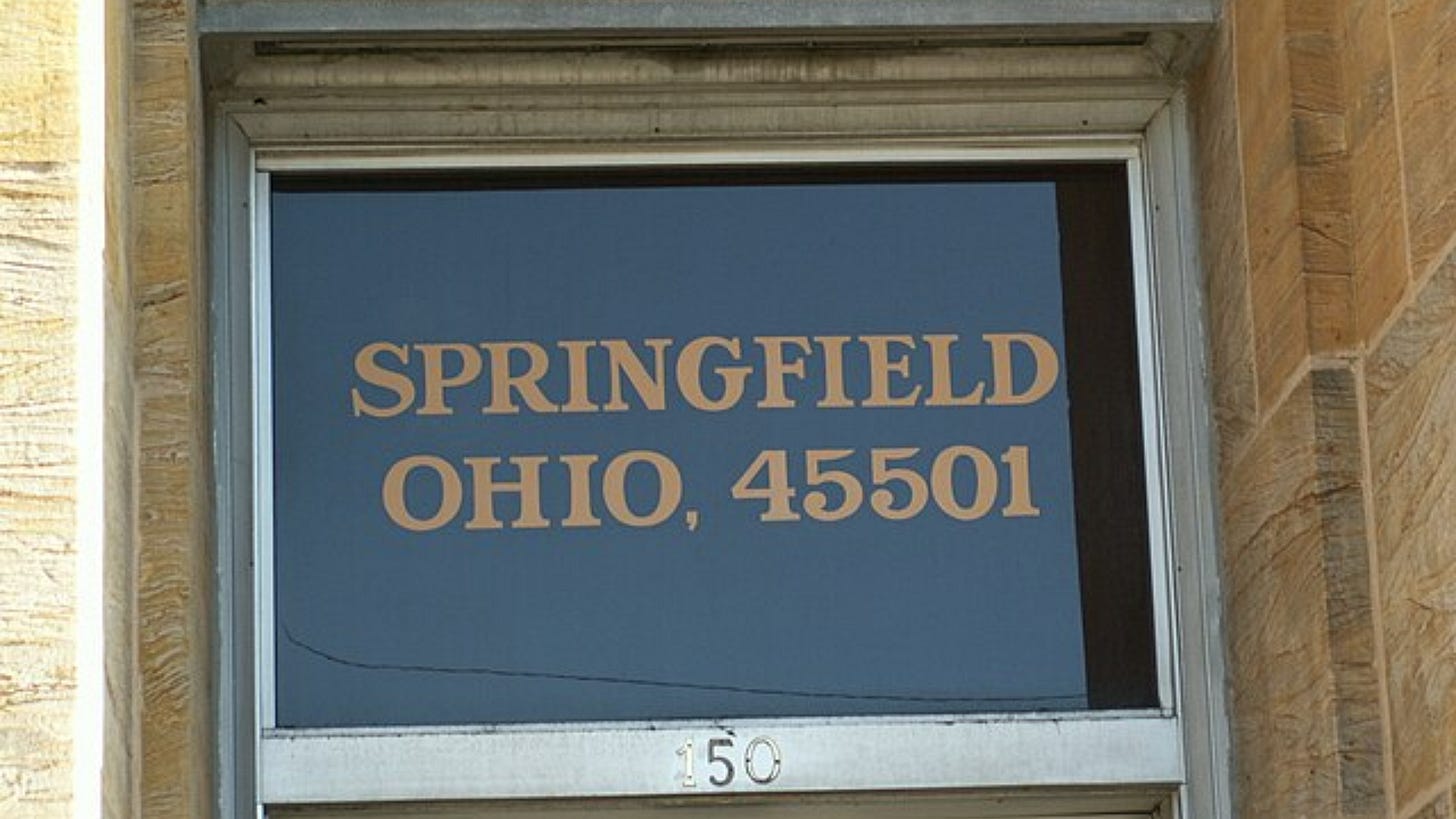“There is constantly a target on our back,” Haitian American reacts to Trump’s false claims about migrants eating “cats and dogs” in Springfield, Ohio
Former President Trump and J.D. Vance continue to spread these false claims despite its impact on the community
A wave of threats and heightened tensions has engulfed Springfield, Ohio, following former President Trump’s baseless claims during the 2024 presidential debate that Haitian immigrants in the town are “eating dogs” and “cats.” These false statements have sparked fear and unrest in the small town, leading to multiple school evacuations, hospital lockdowns, and the cancellation of events at universities amid threats of violence against Haitians.
As tensions continue to rise in Springfield, the situation underscores the broader challenges faced by immigrant communities amid the ongoing political discourse. For many Haitians in the U.S., the fight is not just for survival but also for the right to exist without fear and unfounded blame.
“For me, as I identify as a Haitian American, that definitely draws me back to not really feeling comfortable or safe within this United States of America... there is constantly a target that's on our back,” said Matthew Smith, a 24-year-old Haitian American from New Hampshire, who spoke on the condition of anonymity.
“It's disgusting. It's terrifying, it's horrible. And I pray things do change, and this isn't something that sticks within the minds of folks within the US. The fear of Trump returning to office weighs heavily on him and his community…It's definitely fearful for myself, for my family, for my niece and nephew, cousins... there is just that constant looming of fear that we have to live in.”
Local and state officials have been quick to refute Trump’s statements with Ohio Governor Mike DeWine telling CBS News; “This is something that came up on the internet, and the internet can be quite crazy sometimes. Mayor [Rob] Rue of Springfield says, 'No, there's no truth in that.' They have no evidence of that at all. So, I think we go with what the mayor says. He knows his city.”
Springfield, a small town of 60,000, has seen a significant influx of Haitian immigrants since 2017, with about 15,000 arriving to work in local produce packaging and machining factories, according to The Guardian.
Despite their long-standing history and contributions to American society, Smith said he feels this situation exemplifies how Haitians are being targeted and scapegoated—a sentiment that runs deep within his community, where families like his have made tremendous sacrifices to build better lives in the U.S.
“We're just coming here for a better life, where coming from a third-world country, there isn't much opportunity there,” Smith said. “My father immigrated to the States, leaving my family back in Haiti for about three or four years so we could establish a home and a safe haven for us to be here.”
Written by Rahim Jessani


